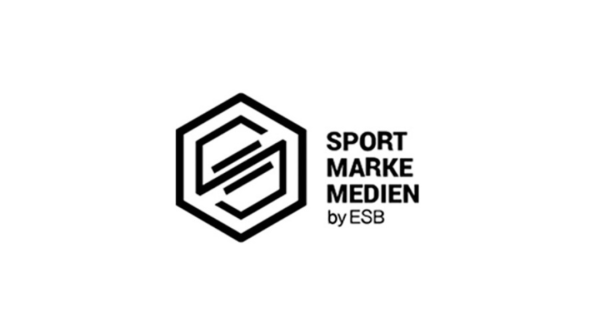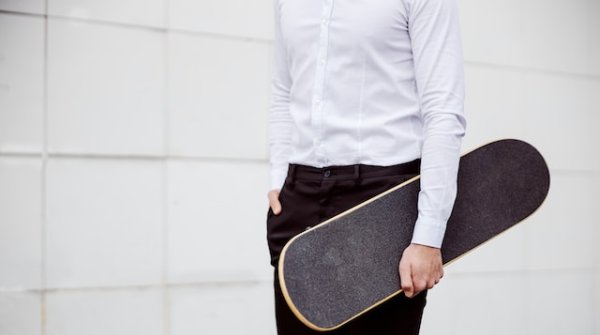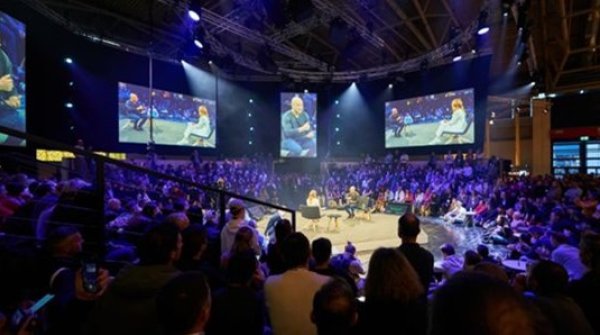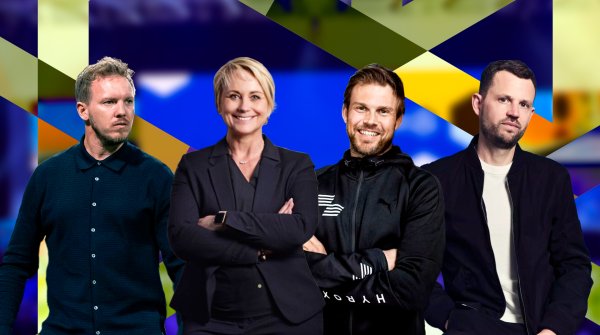The focus topic in the sustainability area at ISPO Munich 2023 this year was circularity. Compared to previous years, it was clear that the industry has grown out of its infancy in dealing with the topic. Many presentations dealt with detailed questions that are essential in a serious discussion of sustainability. ISPO.com picks out three aspects that are particularly preoccupying the industry this year: Design for circularity, "closing the loop" through recycling and communication with retailers and end consumers.
If you want to offer recyclable products, you have to start thinking about design and material selection. This includes the use of mono-materials, for example, and products must be designed in such a way that individual components can be easily separated from one another. Vaude focused on this at its trade fair stand with its Re:Think approach. From 2024, products will be successively introduced that consist only of recycled polyester, are therefore single-origin and can themselves become a raw material again. These products are marked with the "Re:Think" label. If other materials are used, such as zippers, they are easy to separate and marked with color codes. The products are also easy to repair and the cuts are optimized so that little waste is generated during production.
Visitors to the Houdini booth were also able to see many products made from mono-materials. The clothing designs are timeless, are intended to be durable and are designed in such a way that they can be used for many different activities. Houdini head designer Jesper Danielsson commented: "We grow with restrictions." He also expressed the fact that regulations, such as the EU's planned Eco Design Directive, are not an obstacle, but an incentive to become better and therefore more circular. "Design should inspire," says Danielsson with a view to consumers. Brands have the task of motivating buyers to behave more sustainably, then they would also be happy to repair products and return them for resale or recycling.

Jesper touched on a second important point that was discussed a lot at ISPO Munich 2023: How does all the sustainability information reach the customer? "A trustworthy retailer should be a filter," says Ben Blischke from Intersport International in the panel "How can green claims be substantiated?"
However, it is often the case that retailers simply ask: "Can I say that the product is green?" This was reported by Debbie Read, Head of Corporate Communications and CSR at Equip Outdoor Technologies, another panel participant. This is too undifferentiated. Of course it is challenging, as the products are very technical, especially in the outdoor sector. But statements about sustainability need to be backed up by evidence. This is in the interests of the consumer and is also necessary in view of the EU's renewed Green Claims Directive.
In addition to many brand representatives, representatives of ingredient brands are also thinking about how to communicate their sustainability innovations, particularly in order to reach retailers. They are training retailers and supporting brands in this endeavor, said one ingredient brand representative. Shoppers must have the opportunity to make an informed purchasing decision.
Another important aspect is likely to be even more challenging: recycling. If the circular economy is to succeed, a wide variety of industries that previously had very little to do with each other will suddenly have to work together. For this reason, at ISPO Munich, Messe München brought together representatives from IFAT - the platform for environmental technology - with the sports industry in the cross-industry panel "Textile Recycling - a compelling challenge". Participants were Ruth Oberrauch, Vice President at the Oberalp Group, Nicole Kösegi, Management Consultant and Marc Schubert, COO and Deputy Chief Executive Officer, Looper Textile Co.
All panelists agreed that recycling is a highly complex topic that depends on the help of rules and regulations for its further development. Kösegie said that EU legislation on extended producer responsibility was also key, and that "the next three to five years will be crucial".
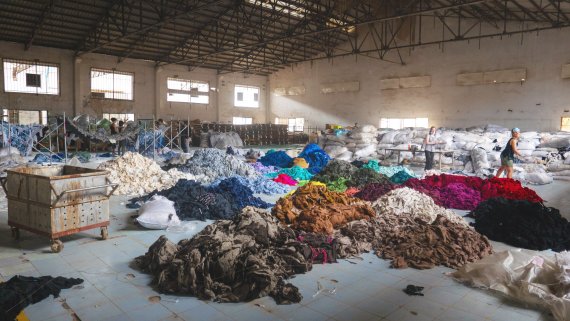
Schubert is also confident that market demand will accelerate developments: "I think it depends on all of us. If there is enough demand for recycled fibers, the technology will also develop faster. And investors will then in turn invest more in recycled fibers." At present, raw materials are often still much cheaper than recycled materials. "If demand is high enough, we can even be faster than the legislation," said Schubert.
Oberrauch once again made it clear how challenging it is for brands and manufacturers to find the right recycled materials. The Oberalp Group is now processing ski skin offcuts. The company also works closely with a partner company not far from its own site in northern Italy, which can produce padding from textile waste. However, the development process takes time and has been very time-consuming to date.
In all the panels and discussions on the topic of recycling, it became clear that the biggest challenge on the road to recyclability lies in this final step. How is it possible to get products back from consumers, sort them, separate them by type and make them available again as raw materials? Cross-industry discussions between the sports and waste management sectors are important precursors to a circular future.
- Awards
- Mountain sports
- Bike
- Fitness
- Health
- ISPO Munich
- Running
- Brands
- Sustainability
- Olympia
- OutDoor
- Promotion
- Sports Business
- Textrends
- Triathlon
- Water sports
- Winter sports
- eSports
- SportsTech
- OutDoor by ISPO
- Heroes
- Transformation
- Sport Fashion
- Urban Culture
- Challenges of a CEO
- Trade fairs
- Sports
- Find the Balance
- Product reviews
- Newsletter exclusive area
- Magazine


